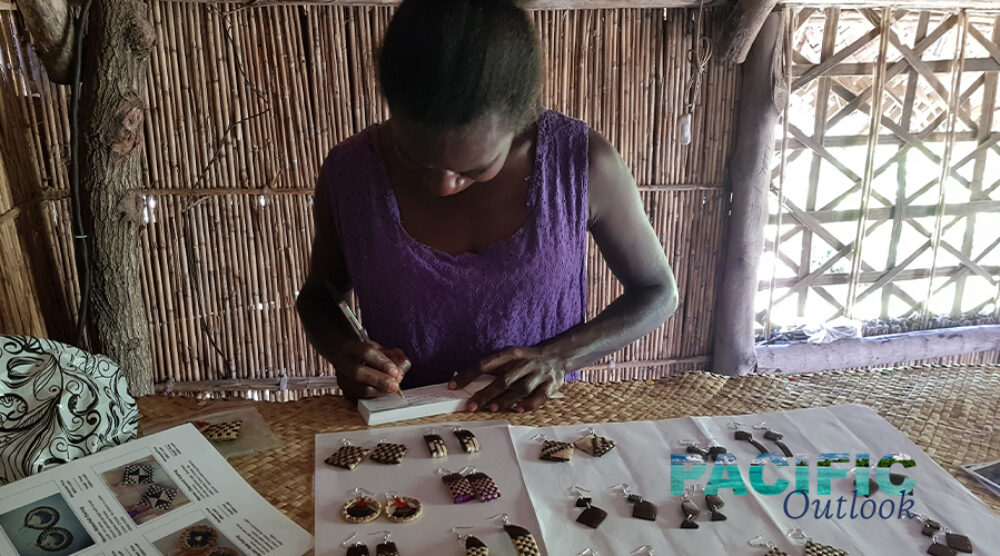On 11 March 2020, the World Health Organization officially declared COVID-19 a global pandemic. Pacific nations acted quickly to close borders in order to protect their populations from any significant outbreak of the virus. This has been successful and these decisions should be applauded. However, it is not without cost—particularly to the tourism sector. In the short- and medium-term it is widely accepted that the tourists are gone for now, and unlikely to return to pre-COVID numbers for many years to come.
The Griffith Asia Institute webinar “Pacific islands tourism during COVID-19: Danger or opportunity?”, to be broadcast at noon (AEST) on Thursday 10 December, provides an opportunity to hear about current developments from regional industry experts, business owners and academics. This is a Pacific Outlook event hosted jointly with the Griffith Institute for Tourism.
While in Australia and many other developed nations the impact of COVID-19 on the tourism sector has been cushioned by government assistance and domestic travel, less support has been available for the sector in the Pacific. With less direct support available to those affected by the pandemic, the resilience of Pacific island peoples has become apparent. Pacific islander people are drawing into their resilience reserves and relying on gardening, fishing, other subsistence practices, and entrepreneurial skills to supplement lost income from their jobs and livelihoods in the tourism sector.
COVID-19 provides the opportunity for the sector to reset. For many year scholars have argued that the tourism sector is unsustainable and has made little lasting impact on improving livelihoods and well-being in the Pacific. Several Pacific voices have called on the sector to use this opportunity to rethink the entire tourism system and to ensure that any new investment supports a recovery capable of delivering long-term benefits. Related to this, the level of dependence on international tourism and the ability of the sector to deliver genuine and lasting sustainable development is being questioned.
More broadly, the question is being asked:
How can the Pacific tourism sector be transformed to become sustainable, regenerative and conscious?
By sustainable, we mean tourism that seeks to balance economic, social and environmental needs, by regenerative, we mean tourism that restores ecological and societal harms, and by conscious, we mean tourism that encourages a deeper understanding of people and place. In a post-COVID world, the possible answer is that tourism needs a more regional focus, where in a world of excess mobility, people choose to localise their travel aspirations and experience regions in more depth through tourism that is meaningful and authentic.
The 10 December webinar presents a panel representing a new generation of Pacific-focused tourism leaders, practitioners and researchers. The panellists will explore the region’s response to COVID-19 and discuss opportunities for reshaping the sector in the Pacific.
Facilitated by Professor Christopher Fleming, Director of the Griffith Institute for Tourism, the discussion will be broadcast in English, providing first-hand perspectives on current developments that are largely missing from regional media.
Halatoa Fua is the CEO of the Cooks Islands Tourism Cooperation and Chairman of the South Pacific Tourism Organisation, leading the way in transitioning the Pacific region into sustainable tourism. Dr Johanna Loehr is a Research Fellow at the Griffith Institute for Tourism who focuses on destination wide climate change risk reduction in the South Pacific. Marita Manley brings industry experience from Fiji as the Director of Talanoa Treks and co-founder of the Duavatu Sustainable Tourism Collective. Elizabeth Pechan is a leader in her co-owned multi-award winning, ‘The Havannah Resort’ in Vanuatu and is central to the tourism crises response and recovery plan in Vanuatu.
Dr Ross Westoby is a Research Fellow at the Griffith Institute for Tourism. His research interests include the intersectionality between society and the environment, with particular interest in climate loss and adaptation across the South Pacific and in Australia.








